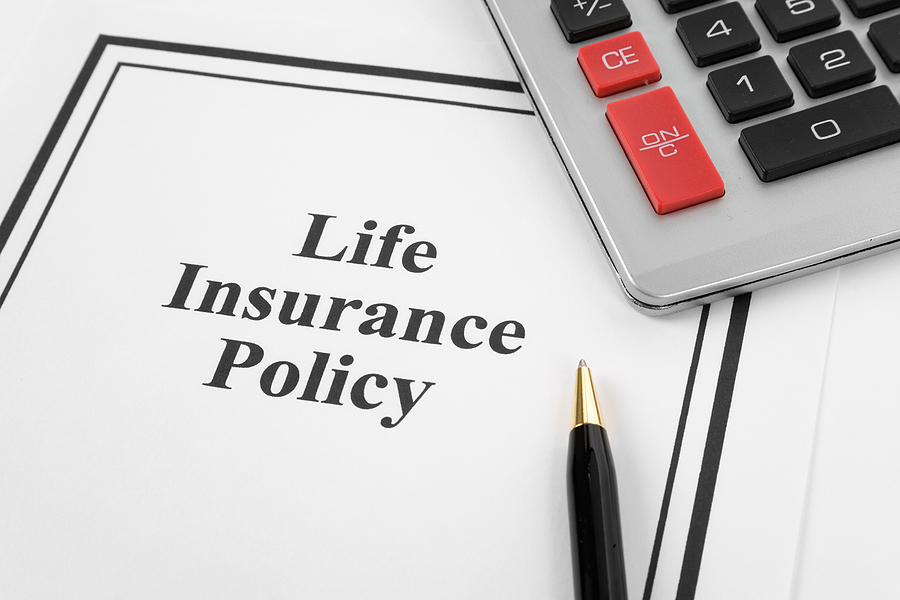As a car owner, you know that specific financial responsibilities come along with the privilege of driving. But don’t let the cost of owning a car deter you from enjoying the many benefits that come with it—there are ways to manage your finances so that you can afford your vehicle and other obligations. Here are six tips to help you get started.
Develop a Budget
Buying a car is a big financial decision. In addition to the monthly payment, there are ongoing costs such as maintenance, insurance, and fuel. Sit down and figure out how much money you have each month, then list all your expenses— fixed and variable.
Once you have a better idea of where your money is going, you can make adjustments to ensure you can afford your monthly car payment. Don’t forget to account for the additional costs of owning a car when making your budget. By doing so, you can avoid financial hardship down the road.
Protect Your Investment
Invest in an extended warranty to protect your car over the time of your ownership. Start by reading CarChex reviews and similar companies when you’ve seen how they can help you decide on the best options. Some extended warranty programs cover routine maintenance, while others only cover significant repairs and manufacturer defects.
Shop Around for Financing
When you’re in the market for a new car, there’s a good chance you’ll need to finance it. Unless you’re lucky enough to have the cash on hand to pay for the vehicle outright, you’ll need to take out a loan from a bank or credit union.
While shopping for the best rates and terms is essential, don’t neglect your credit history. A decent credit score and a reliable payment history will go a long way toward securing a low-interest rate and flexible repayment terms.
So before shopping for your new car, check your credit report and ensure you’re in good financial shape. That way, you’ll be well on your way to owning a new car and keeping your budget under control.
Get Pre-Approved for Financing
Buying a car is a big decision that shouldn’t be taken lightly. There are a lot of factors to consider, from the type of vehicle you need to the features you want. But one of the most important considerations is how you will pay for it.

If you’re planning to finance your purchase, shopping around for the best rates and terms is essential. Once you’ve found a lender you’re comfortable with, get pre-approval for financing before heading to the dealership.
This will give you more bargaining power when it comes time to negotiate the price of your vehicle. With a bit of preparation, you can be sure to get the best deal on your next car purchase.
Refinancing
When you refinance a car loan, you’re essentially taking out a new loan to pay off your old one. This can be a great way to secure a lower interest rate and reduce your monthly payments. Refinancing can also help eliminate high-interest debt and save more monthly money. This extra cash can then be used to pay debts or save for a rainy day.
If you’re considering refinancing your car loan, be sure to do your research first. There are plenty of lenders out there who are willing to work with you, but it’s essential to find the best deal for your needs. For example, you’ll want to compare interest rates, fees, and repayment terms before deciding.
You should also ensure that you understand the process of refinancing and what it will entail. By doing your homework, you can be sure you’re getting the best possible deal on your car loan.
Choose the Right Vehicle
Anyone who has ever shopped for a car knows there is more to consider than the sticker price. In addition to the monthly payment, you’ll need to factor in fuel, insurance, and maintenance costs. However, with some research, finding a car that meets your needs and your budget is possible.
Needs and Wants
Before you begin shopping for a new car, it’s essential to take some time to think about your needs and wants.
- Do you need a large vehicle that can haul a lot of cargo?
- Or would a smaller car be more suitable for your needs?
- If you live in an area with lots of snow, you might want to consider a car with all-wheel drive.
- And if you’re not confident driving a stick shift, you’ll probably want to stick with an automatic transmission.
Once you’ve given some thought to your needs, you can start narrowing down your options and choosing the right car for you.
Price Range
Once you’ve decided on the type of vehicle you need, you can start looking at models within your price range. A pre-approved loan number gives you a maximum monthly payment number to work with, so you don’t overspend.
It’s best to have this information before you head to the dealership so that you know what you can afford and don’t get swayed by a car that’s outside of your budget. You can also use online tools to research vehicles and compare prices. This way, you can be sure you’re getting the best deal possible on the car of your dreams.
Fuel Efficiency
When making a significant purchase like a car, it’s essential to consider all your options. In addition to things like make, model, and color, you’ll also want to think about fuel efficiency. A car with good gas mileage will save you money in the long run, even if it costs a bit more upfront.
And with gas prices always fluctuating, it’s wise to invest in a vehicle that won’t break the bank at the pump. Do your research and consider fuel efficiency when making your next car purchase. You’ll be glad you did!
Get Insurance Estimates
Insurance premiums can vary widely from one vehicle to another, so getting an estimate is essential before making your purchase. The make and model of the car are both significant factors in determining the premium, so be sure to get quotes for each model you’re considering.
Insurance companies also look at the car’s safety features, its likelihood of being stolen, and its repair costs when setting premiums. Sports cars and luxury vehicles generally tend to have higher premiums than economy cars.
However, there are exceptions to every rule, so getting an estimate for each car you’re considering is essential. By Shopping around and comparing rates, you can be sure to get the best possible deal on your auto insurance.
Your goal is to find a car that fits your budget and lifestyle. With a little work, finding the perfect match is possible.
Consider Leasing Instead of Buying
Leasing a car can be a great way to get behind the wheel of a new vehicle without making a hefty upfront payment. However, reading the fine print before signing any lease agreement is essential. Otherwise, you could end up paying much more than you anticipated.
Most leases require that you make a down payment and then make monthly payments for the lease term, typically two or three years. At the end of the lease, you will need to either purchase the vehicle or return it to the dealership.
There are also mileage restrictions with most leases, so if you plan on driving a lot, be sure to factor that into your decision. All things considered, leasing can be a great option if you’re not ready to commit to one car for several years. Just make sure you do your homework first!
Make Extra Payments When Possible
One of the best ways to reduce the overall cost of borrowing is to make extra payments on your loan or lease each month. By doing this, you’ll be able to reduce the amount of interest that accrues over time, saving you a significant amount of money in the long run.
Additionally, making extra payments could help you repay your debt sooner than expected. If you have the cash on hand, it’s always beneficial to try and make a few extra payments each year. Even if you can’t make a massive dent in your overall balance, every little bit helps and can save you money in the long term.
Affordability and Financial Stability
Anyone who has ever shopped for a car knows that the process can be stressful and expensive. However, a few simple tips can help make the experience more affordable—and less stressful. For example, it is essential to do your research before heading to the dealership.
Knowing which features you want—and which you can live without—can help you to negotiate a better price. It is also essential to be realistic about your budget. Remember that a car is a significant purchase; it is essential to factor in the cost of insurance, gas, and maintenance when setting your budget.
Finally, take your time when making such a big decision. A rushed decision can often end up being an expensive one. By following these simple tips, you can make buying a car more affordable—and less stressful.
Navigating Car Ownership Expenses
While some definite financial challenges come with owning a car, it doesn’t have to be an impossible expense—with careful planning and consideration, owning a car can fit into even the tightest budget. Use these tips as a starting point as you begin navigating the world of car ownership—before long, you’ll be an expert!
Image Source: BigStockPhoto.com (Licensed)
Site Disclaimer
The Content in this post and on this site is for informational and entertainment purposes only. You should not construe any such information or other material as legal, tax, investment, financial, or other advice. Nothing contained on our Site constitutes a solicitation, recommendation, endorsement, or offer by HII or any third party service provider to buy or sell any securities or other financial instruments.
Nothing in this post or on this site constitutes professional and/or financial advice. You alone assume the sole responsibility of evaluating the merits and risks associated with the use of any information or other content in this post or on this site.
You recognize that when making investments, an investor may get back less than the amount invested. Information on past performance, where given, is not necessarily a guide to future performance.
Related Categories: Cars & Vehicles, Reviews







